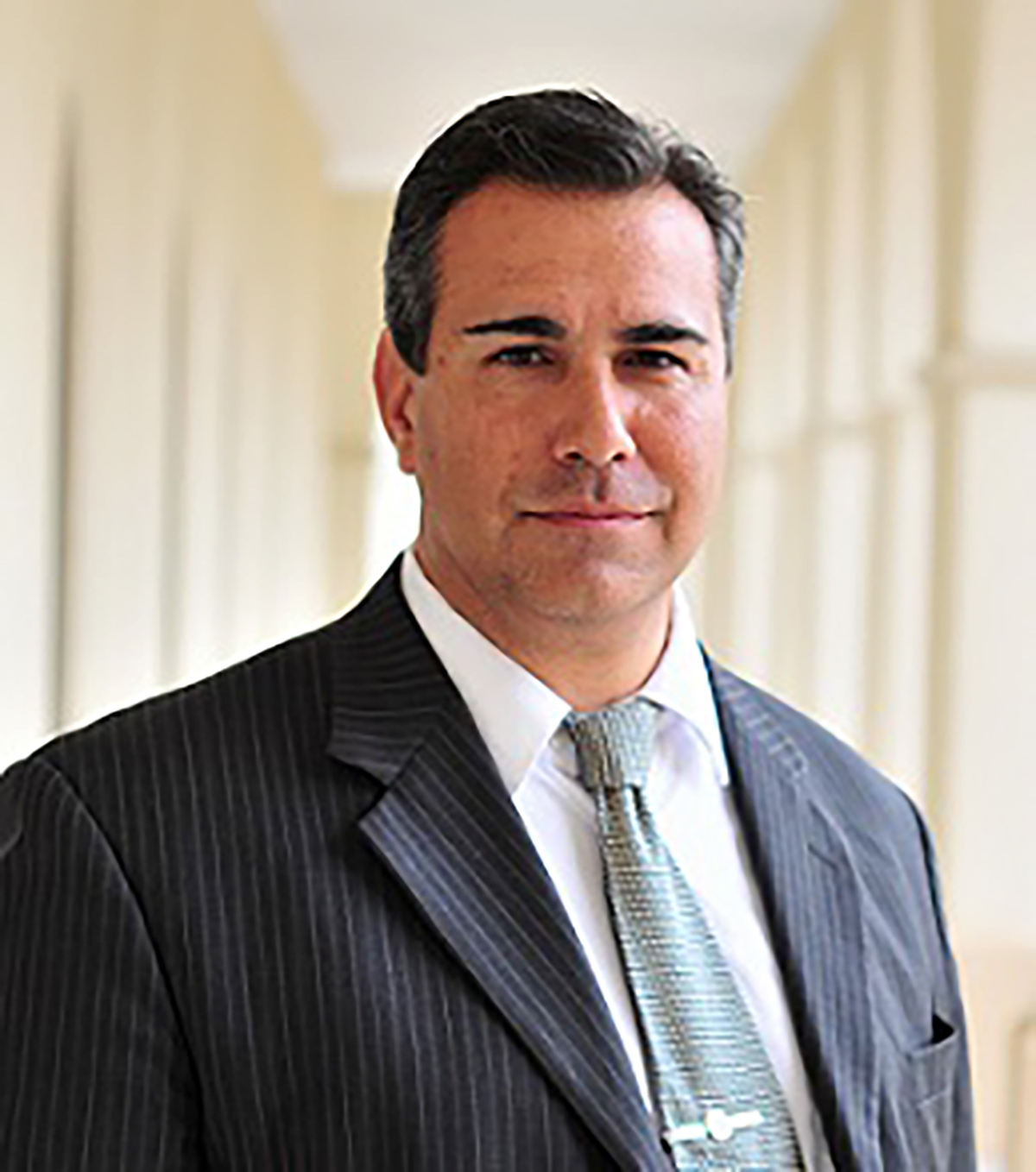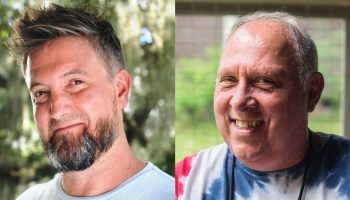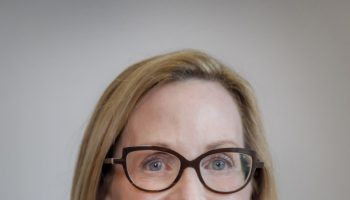According to Richard O’Brien, “the first deadly chemical was testosterone.”
The author of Women Presidents and Prime Ministers, O’Brien is the Week Six speaker for the Chautauqua Professional Women’s Network program. At 9:15 a.m. Tuesday at the Women’s Club, he will discuss “The Panacea of Women Leaders.”
O’Brien associates “women national leaders with unmistakable signs of progress.” He wants Chautauquans to “get to know” the women who have served their countries as presidents and prime ministers, including their achievements and how such progress can be brought to the United States, which — like Russia and mainland China — has never elected a female head of state.
In contrast, there have been two women national leaders in North America, four in the Pacific, 12 in the Caribbean and Central America, 15 in Africa and 44 in Europe, according to Women Presidents and Prime Ministers.
Although “a lot have been accused of incompetence,” O’Brien said that “with very few exceptions,” the women who have led their countries “have been very good at what they do.”

He has found that women presidents and prime ministers tend to concentrate on six issues: the national economy (as do male leaders); the protection of women, children and the environment; health care; and peacebuilding and reconciliation.
“Women are peace builders,” O’Brien said. “They have been struggling for hundreds of years to stop war. … For me, the panacea is women in power.”
According to O’Brien, there are many statistics showing that “men are good at breaking stuff.” They are also “good” at mistreating women. According to O’Brien, “more than 40 percent of Asian women leaders have been jailed for political reasons, injured or assassinated.”
Looking closer to home, he said, “(President Donald) Trump had 16 male opponents, but threatened Hillary with jail … and called Carly Fiorina ‘ugly.’ ”
The 2017 edition of Women Presidents and Prime Ministers comprises brief biographies of 108 women leaders who have come from a greater diversity of professions than men. They have been accountants, activists, biologists, dancers, doctors, engineers, factory workers, flight attendants, guerrilla fighters, journalists, lawyers, organic chemists, police officers, psychologists, scientists, soccer moms and teachers.
“I will tell stories about individual women who have done amazing things,” O’Brien said.
O’Brien himself has had a fascinating career.
Between the ages of 13 and 17, O’Brien attended Culver Military Academy, where he learned character, honor and integrity.
“Arguably Culver was the most formative experience of my life,” he said.
His interest in politics was generated by an internship with U.S. Congressman Connie Mack IV (R-Fla.), to whom O’Brien was introduced when Mack was campaigning and O’Brien was tending to one of the 40 lawns he regularly mowed in Sarasota.
Between his junior and senior years at American University in Washington, D.C., O’Brien took six years off. In New York City he opened a coffee truck business – the “Beany Weany Burger Mobile” – which he said was parked under the Village Voice and next to a methadone clinic. When he sold it, he took his mother up on her suggestion to come back to Sarasota and sit on the beach for a month.
That’s when O’Brien decided to complete his bachelor’s degree at American University, where he took half a dozen courses in women’s studies, and to become a teacher. At Duke Ellington School of the Arts, he taught U.S. and world history, geography and women’s studies.
A teacher’s scholarship enabled O’Brien to earn his master’s degree at Georgetown University. He said because he is partly Armenian and his Armenian aunts and uncles were all “charming,” he had always been curious about the genocide and wondered why people were indifferent to it. He took a year off to learn more through travel, and wrote a 200-page thesis on genocidal indifference titled “Genocidal Victims.”
“Almost all genocides are preventable,” O’Brien said.
In Alexandria, Virginia, in 2000 — after selling two prayer rugs — he opened the Center for the Prevention of Genocide, which he also directed. O’Brien said that as part of his responsibilities, he edited and published about 30 human rights reports. Within a year, he had a core of 12 staff, plus fellows and interns, as well as over 700 sources in hotspots around the world providing timely information via email and phone.
The Center created a methodology — an early warning system — for determining the top 10 to 20 places where genocide was likely to occur, and successfully prevented genocide from occurring. The Center closed in 2004 for lack of funding.
As a visiting scholar at the School for Conflict Analysis and Resolution at George Mason University, O’Brien wrote a peer-reviewed book titled In Case of Genocide — Break Glass: How We End Genocidal Indifference, which genocide scholar Israel Charny praised as “groundbreaking.” Currently he sits on S-CAR’s advisory board. He has also been a board member of Humanity Working to End Genocide and Feeding Empty Little Tummies.
O’Brien has taught international human rights, conflict in the modern world, ideologies of the world and women’s issues at the University of South Florida, and last summer he served as the administrator for the Foreign Policy Immersion Program at Georgetown University.
In 2014, O’Brien created the Double Bridge Publishing house, website and database of 250 crowd-sourced professionals. Two years later, he stepped down from his role as Double Bridge’s primary editor in order to submit his work on women presidents and prime ministers, which was subsequently approved and published. Currently, he is working on the 2018 edition of Women Presidents and Prime Ministers.




